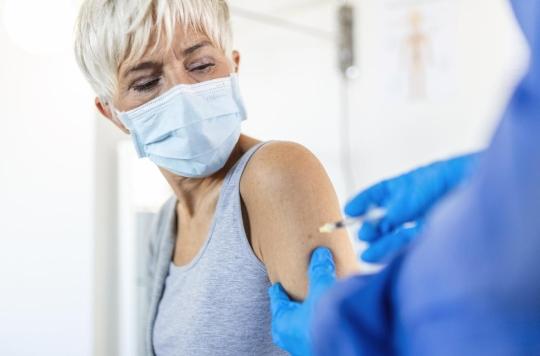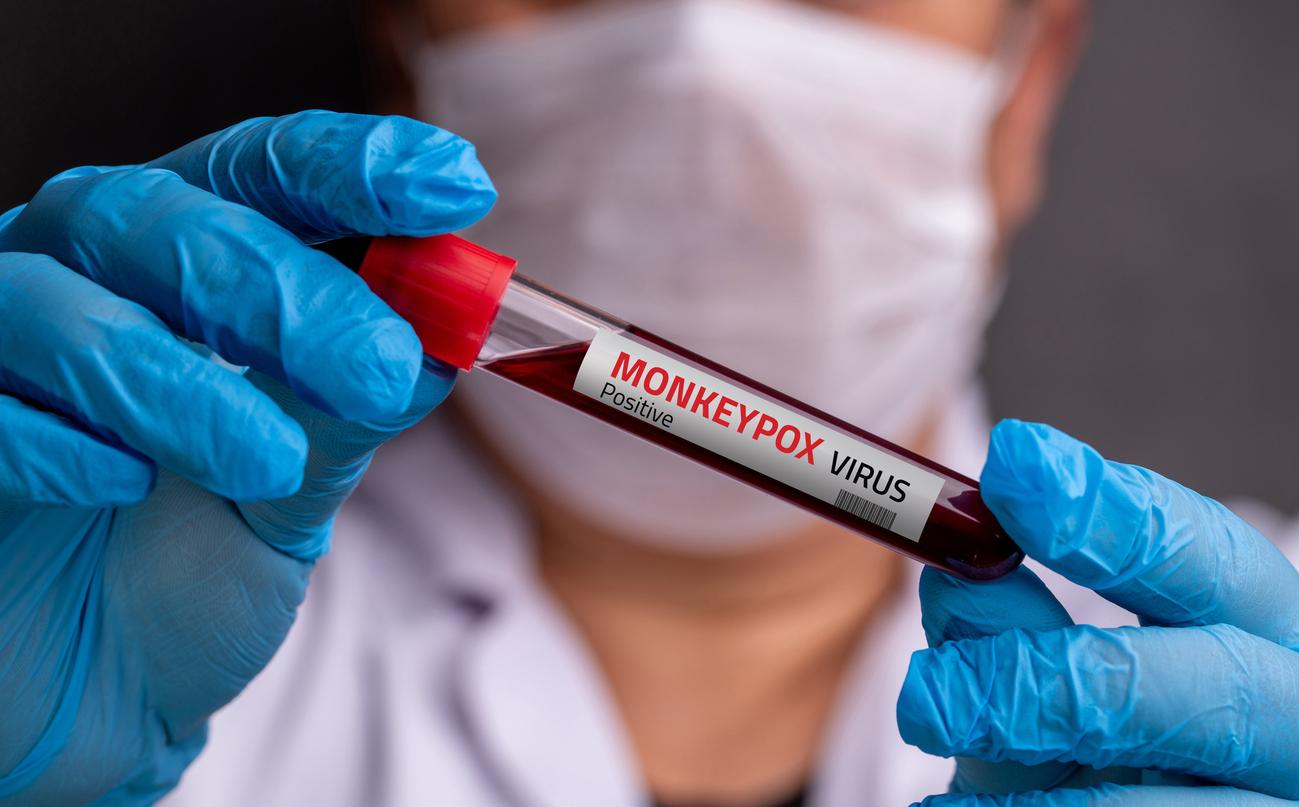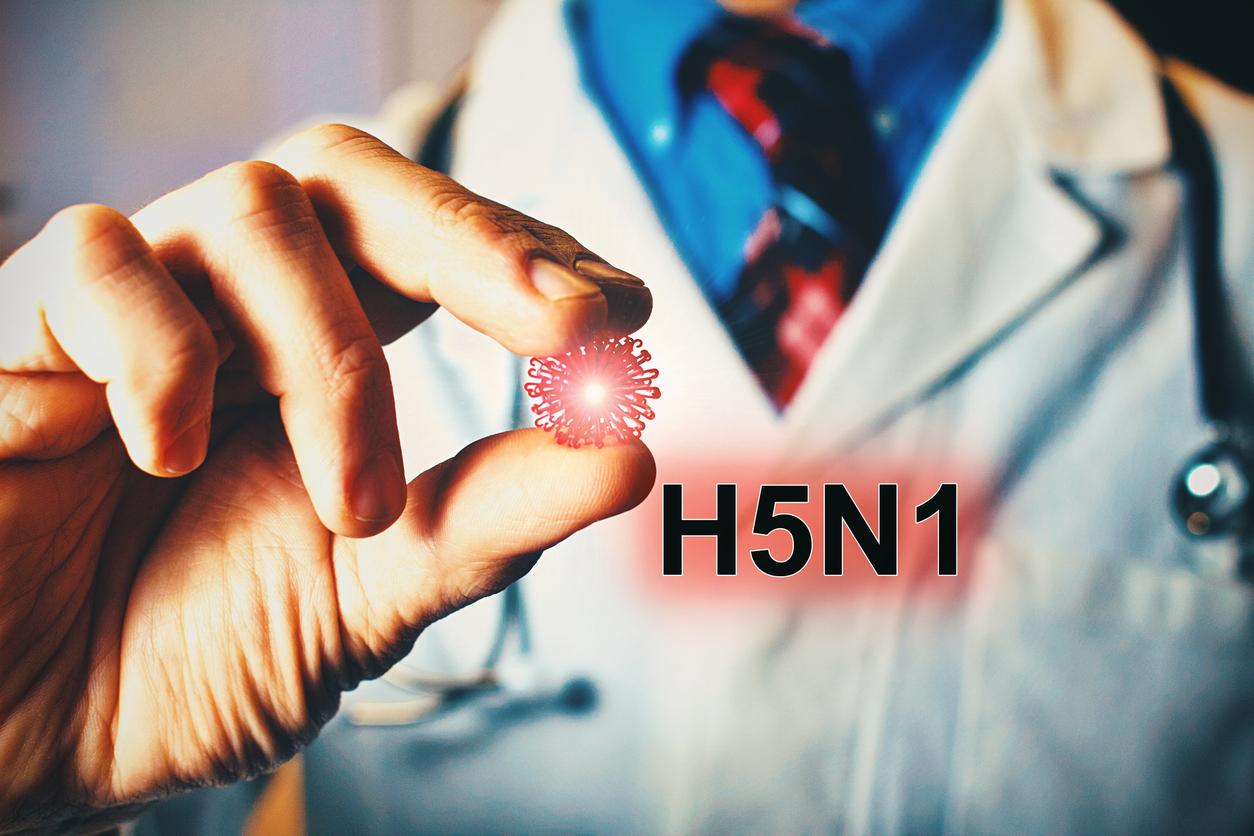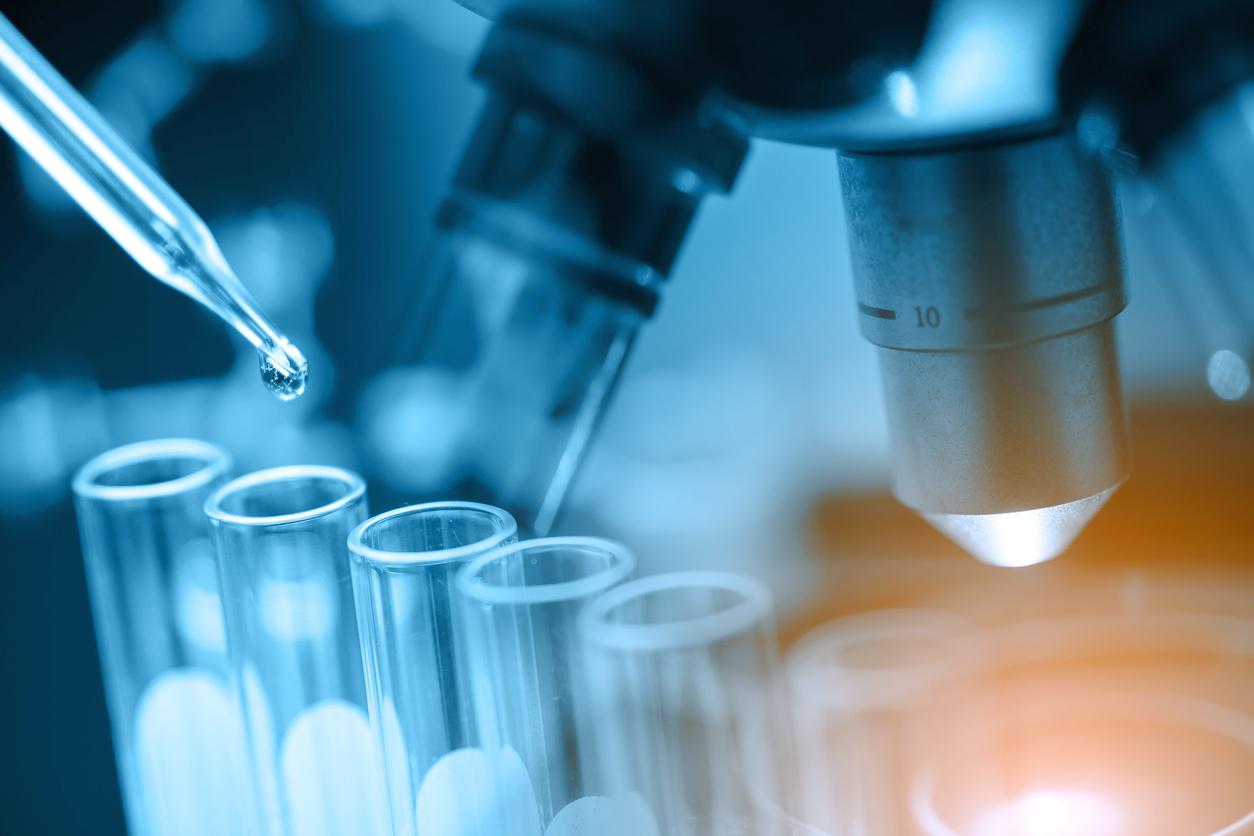A new vaccine against the Epstein-Barr virus, which can cause very serious illnesses, will be tested.

- Epstein-Barr belongs to the herpes virus family.
- It is transmitted through bodily fluids, mainly saliva.
The National Institute of Allergy and Infectious Diseases (NIAID) has just launched a clinical trial to try to develop a new preventive vaccine against the Epstein-Barr virus.
40 people tested
The trial, which is expected to last 4 years, will involve 40 healthy adults aged 18 to 29, half of whom will have been previously infected with the Epstein-Barr virus. All participants will receive a series of three injections of 50 micrograms of the experimental vaccine in the arm, followed by 30 to 60 minutes of observation. The second and third doses will be administered 30 days and 180 days after the initial injection, and patients will be regularly monitored in person and by telephone.
This new experimental vaccine works in particular by targeting the “gp350” glycoprotein, which is found on the surface of cells infected by the Epstein-Barr virus. The latter is extremely widespread and can remain latent for several years in the body.
Mononucleosis and cancer
In adolescents and adults, Epstein-Barr can, among other things, trigger hepatitis, infectious mononucleosis and lymphoid or epithelial tumors. “The immune system usually controls this phenomenon, but under the influence of various factors, including immunosuppression in people with HIV infection or who have received a transplant, Epstein-Barr can cause the development of cancers”, detail researchers from Inserm.
“Our new vaccine could prevent or reduce the severity of Epstein-Barr virus infection, and thus decrease the incidence of infectious mononucleosis, malignancies and autoimmune diseases”, concludes NIAID Director Dr. Anthony S. Fauci.
















